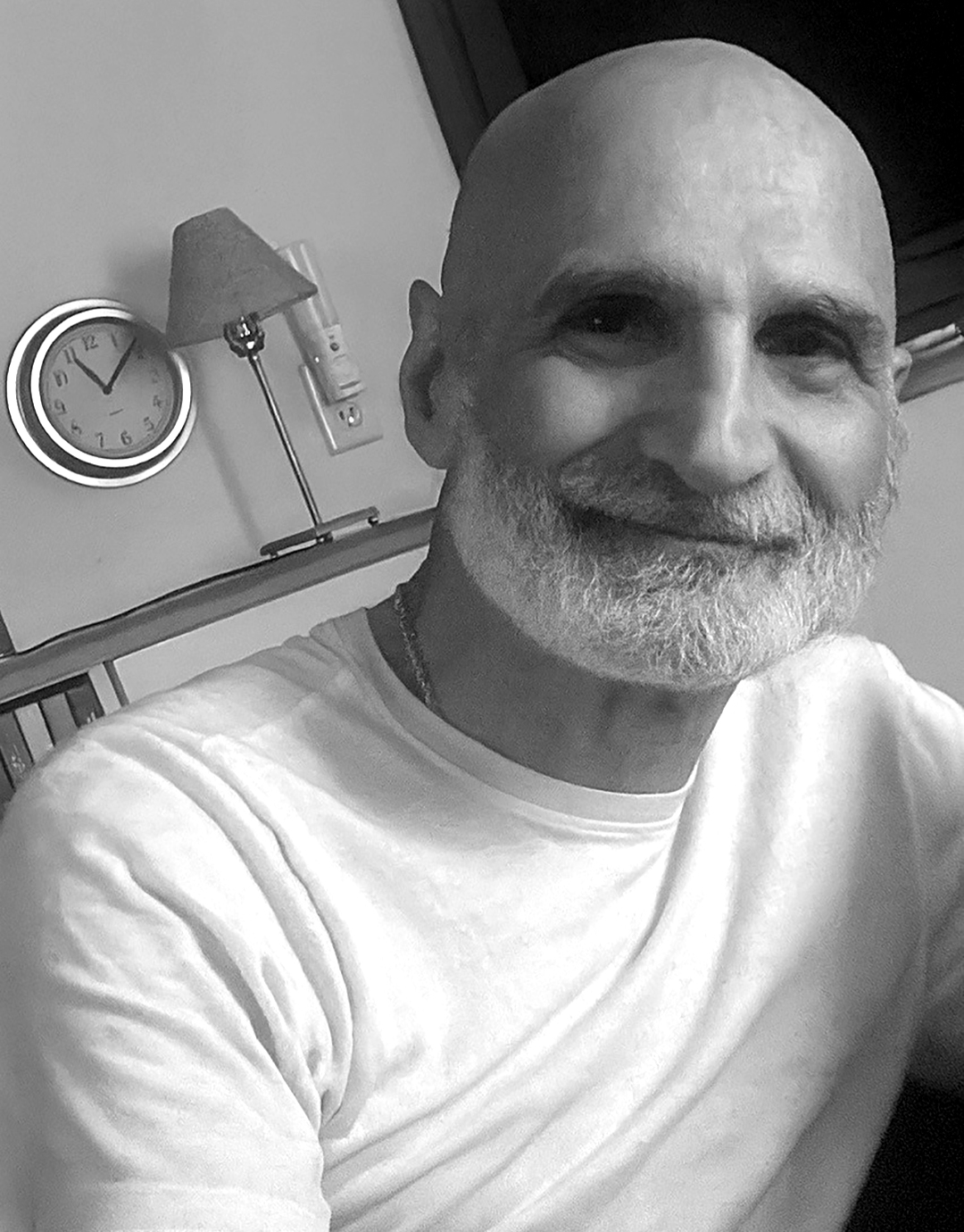Individual | Inducted 2025
Maher Ahmad made significant contributions throughout the 1970s as an activist in Chicago’s LGBT rights movement and as a scenic designer and teacher in Chicago theatre. Born and raised in Pennsylvania, Ahmad came to the Chicago area in 1967 to study theatre at Northwestern University, where he cofounded the Northwestern University Gay Liberation Front (NUGLF) in the fall of 1969. NUGLF partnered with Chicago Gay Liberation on several political actions in 1970, notably including picketing the Normandy, a popular gay bar on Rush Street, to protest the bar’s policy prohibiting same-sex dancing. After two weekends of picketing, the Normandy’s owners agreed to NUGLF’s demands, and other Chicago-area LGBT bars soon followed suit. NUGLF also hosted a dance/concert on the Northwestern campus featuring the Siegel-Schwall Band, a nationally renowned Chicago-based blues group.
“The kind of insouciant exuberance that we young folk displayed–we scruffy gay hippies, high on our Liberation, flush with a zeitgeist that seemed to allow for all possibilities for achieving our freedom–was, in retrospect, quite extraordinary,” Ahmad later recalled in an essay he wrote for the Northwestern alumni archives. “We really had no clear notion of exactly what it is we were doing, and I don’t recall any of us ever bothering to calculate the odds of our success.”
After receiving B.A. and M.F.A. degrees in theatre from Northwestern, Ahmad designed his first professional production in 1975 – Harold Pinter’s “The Caretaker” at Chicago’s Victory Gardens Theater, for which he was nominated for a Joseph Jefferson (“Jeff”) Award for scenic design (the production costarred Chicago LGBT Hall of Fame inductee Frank Galati). Over the next five years he was active as a scenic designer in the Chicago area, working at Goodman Theatre, Northlight Theatre, Victory Gardens, and elsewhere as well as teaching and designing shows at Loyola University. Ahmad’s success in theatre paved the way for him to work in movies and TV. His first feature film, the shot-in-Chicago “Bad Boys” (1983), launched him on a distinguished career as a production designer, art director, and art department contributor for more than 60 motion pictures, including “Goodfellas” and “The Fugitive.”
The son of Palestinian refugees, Ahmad was active in the late 1970s and early 1980s in Chicagoland through giving lectures and teaching courses in Palestinian history and advocating for Palestinian rights.
